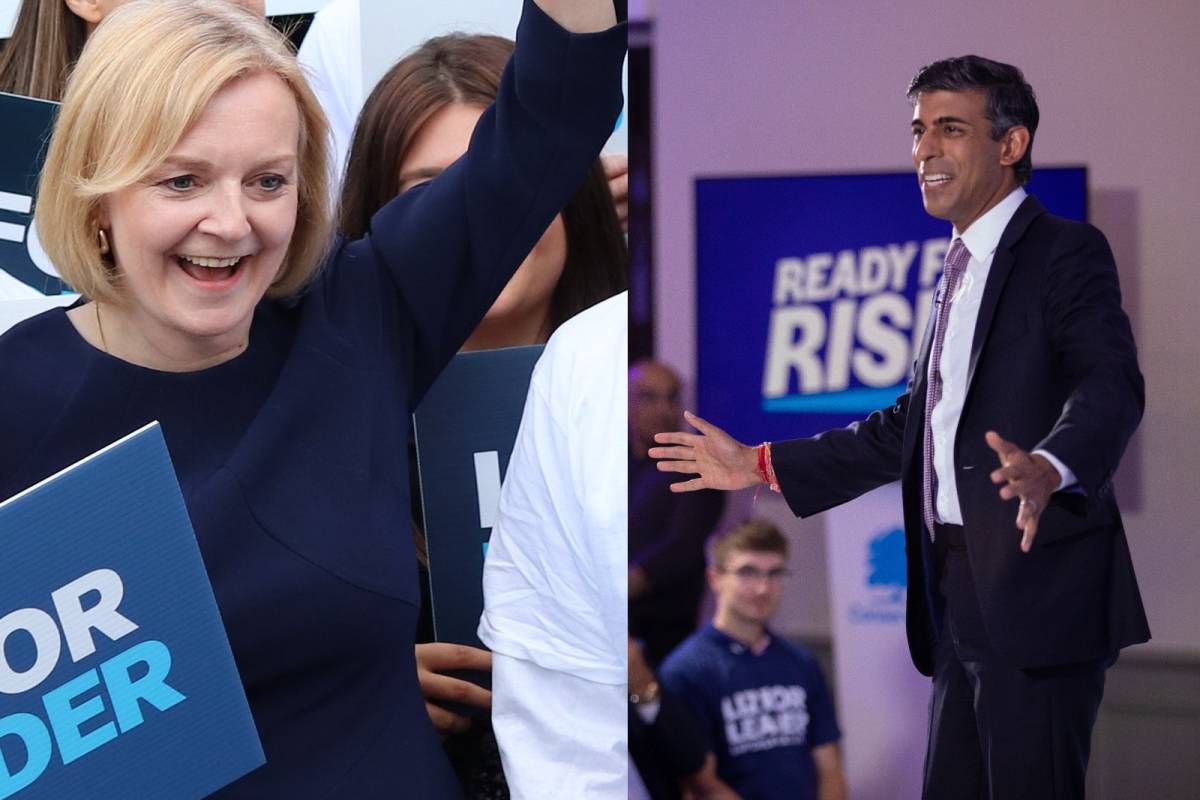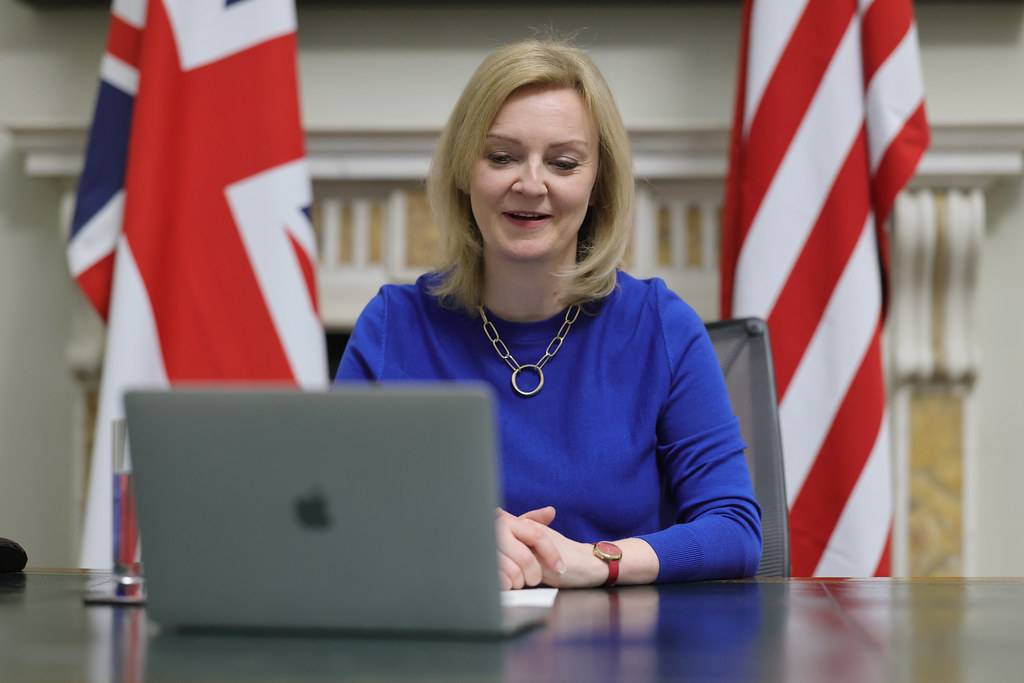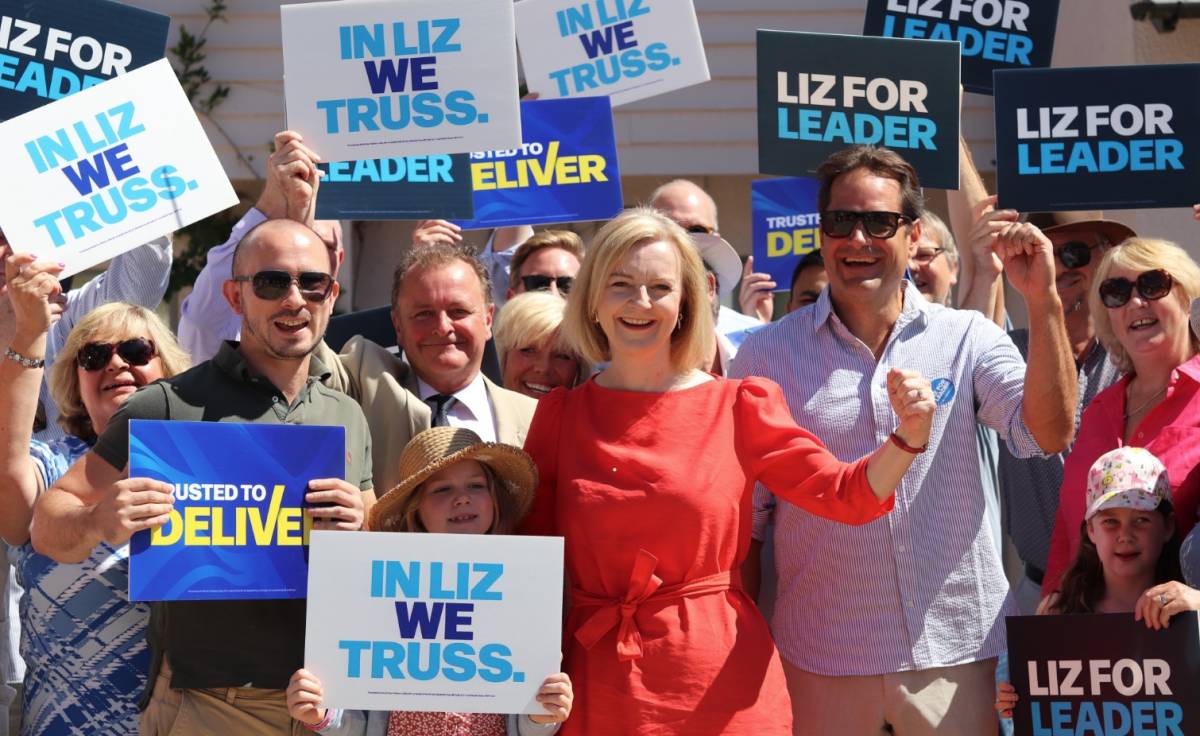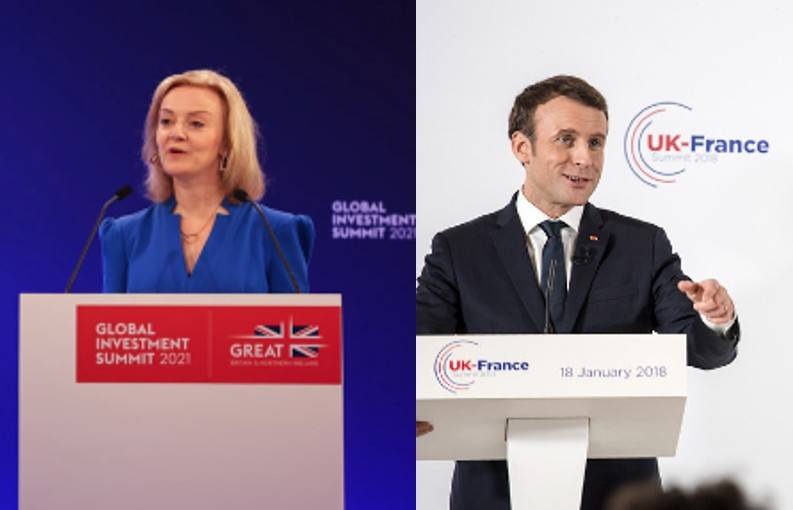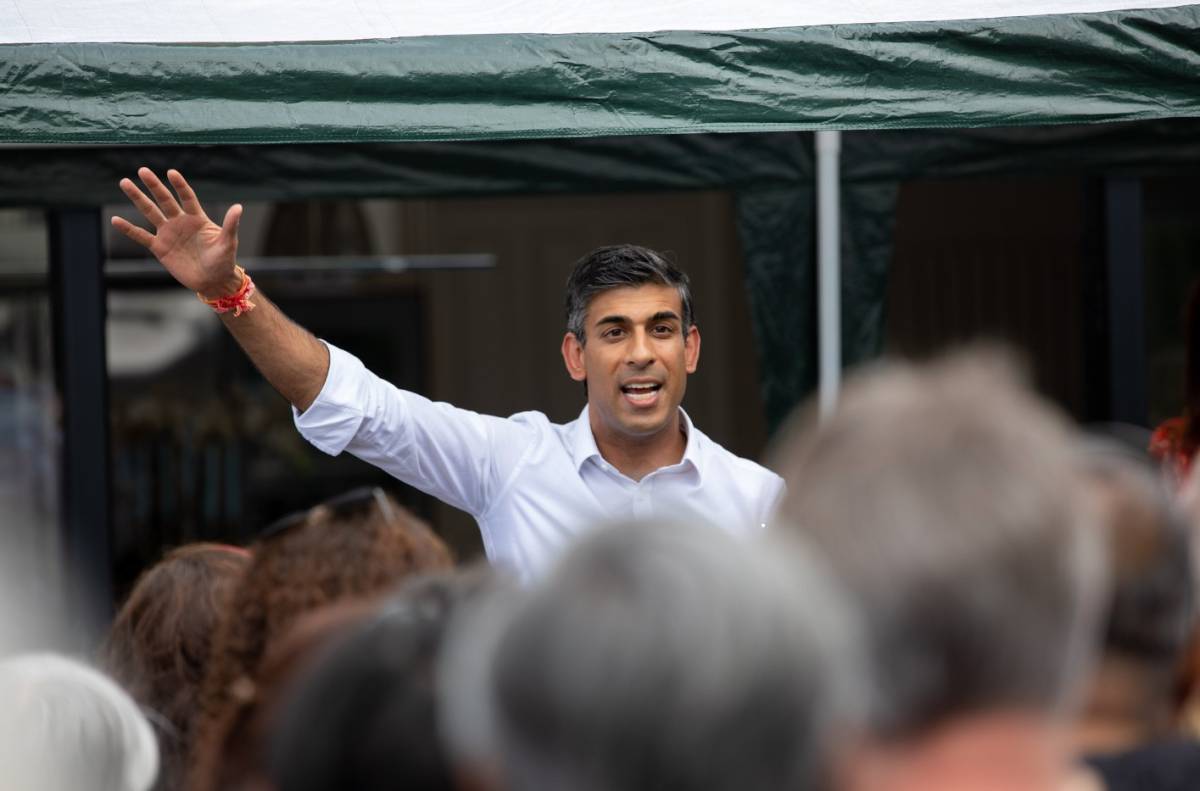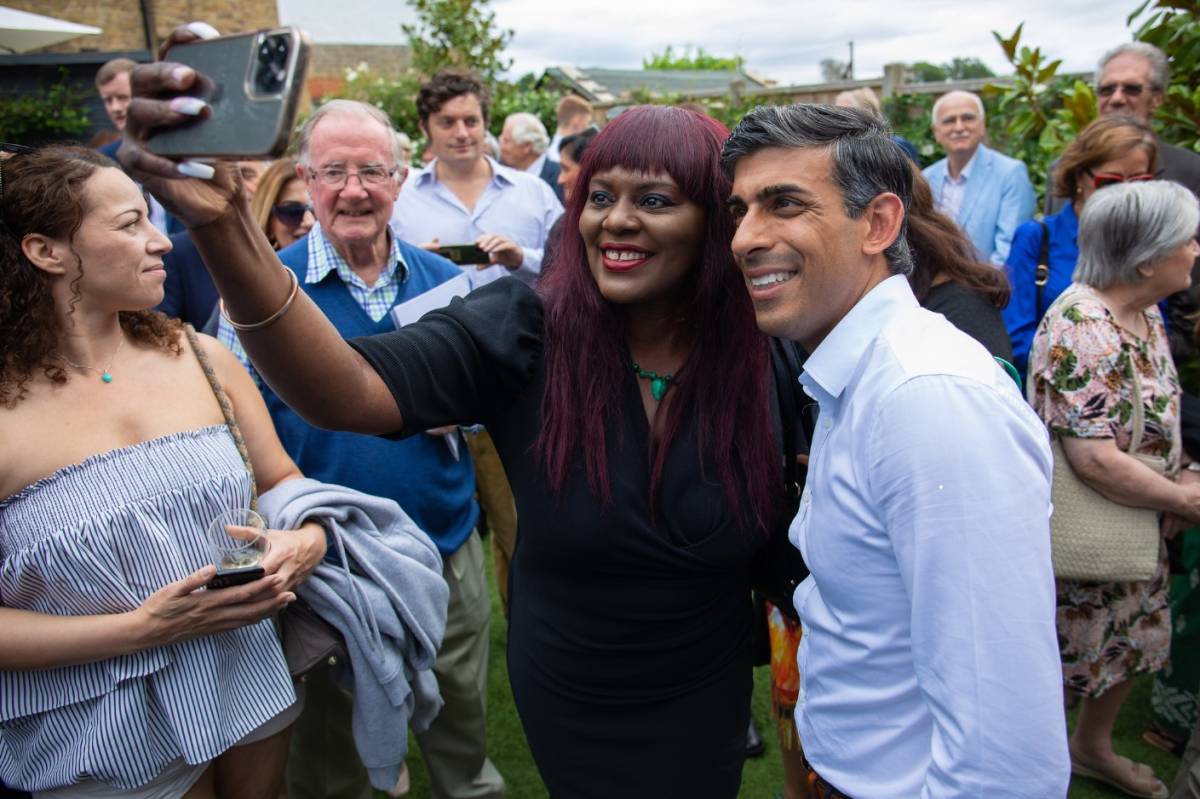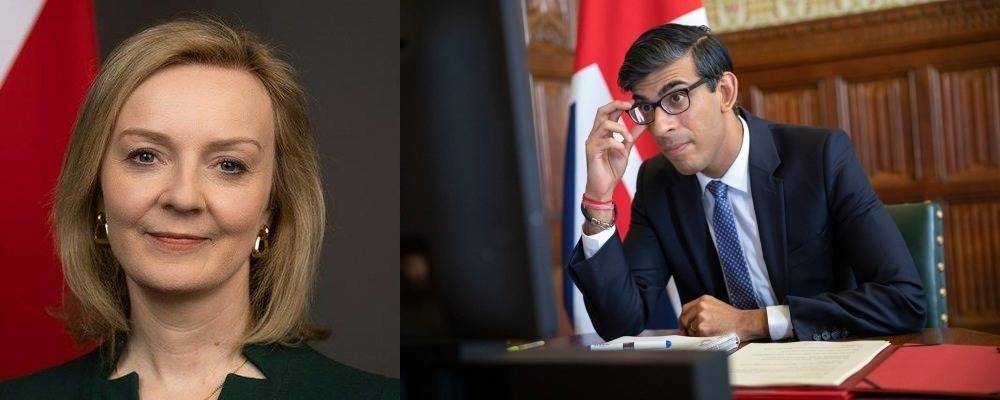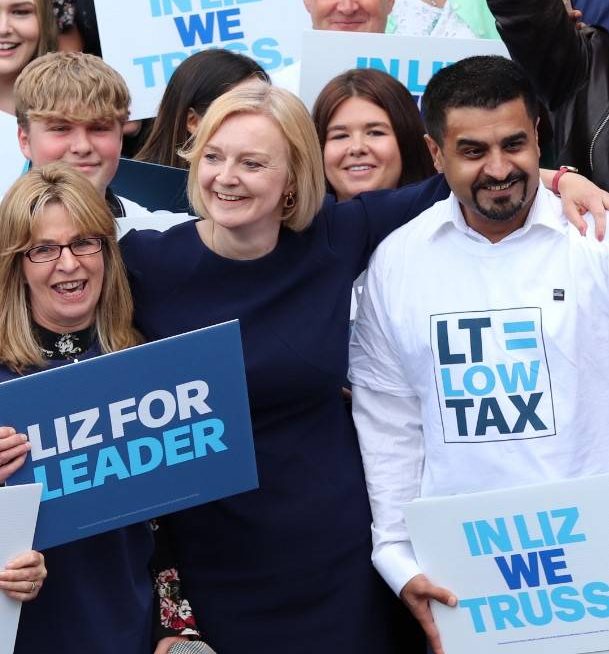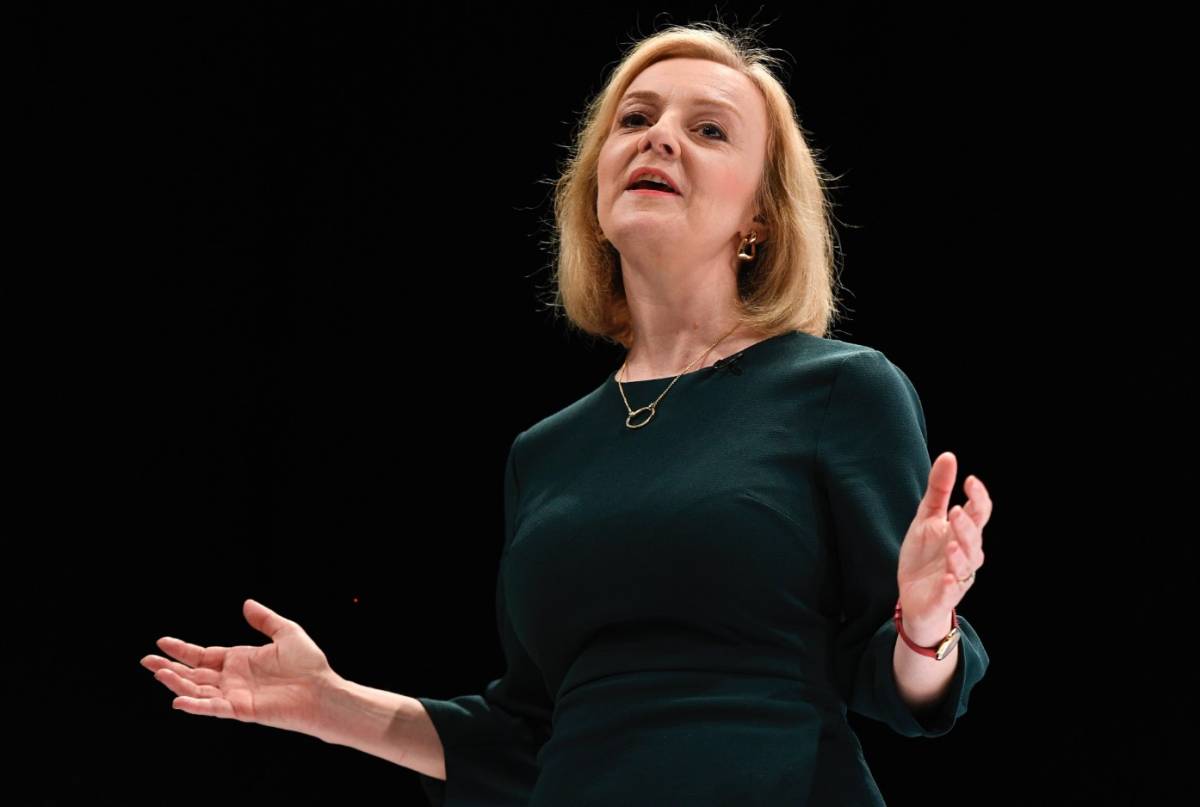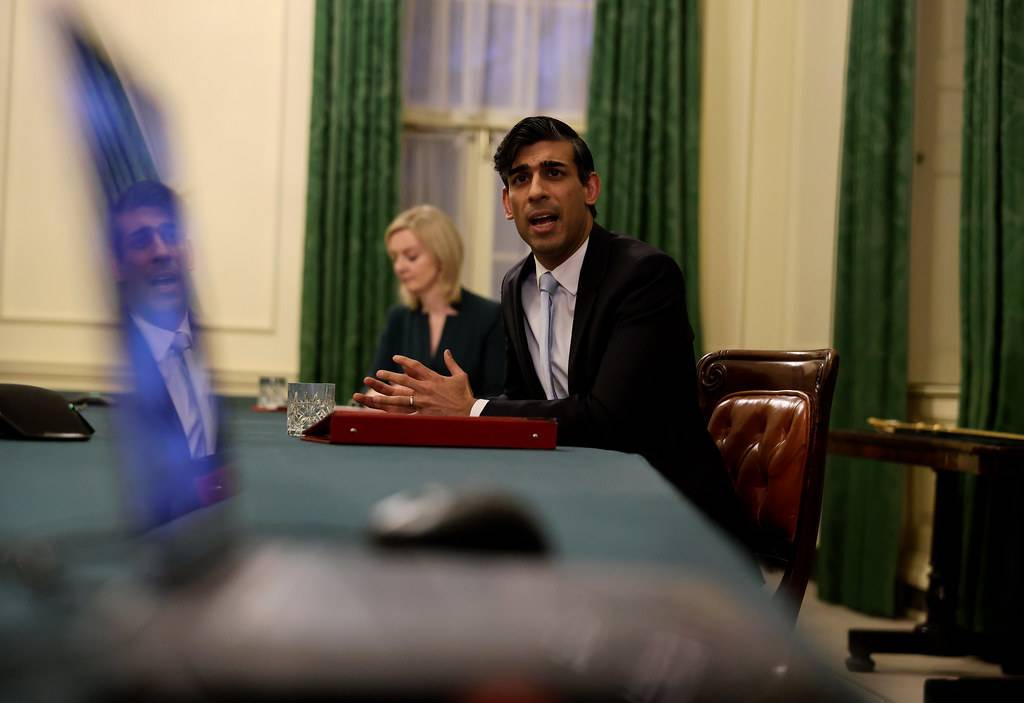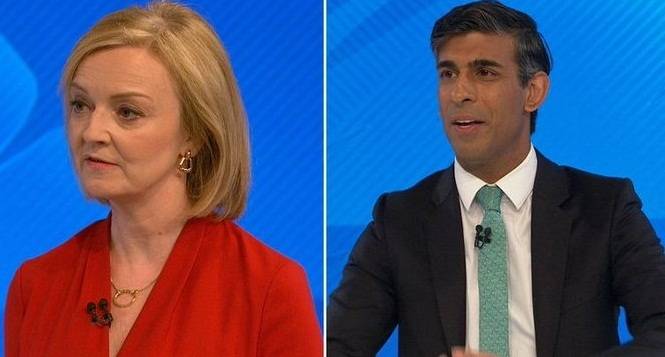Foreign Secretary Truss has in contrast emerged as a favourite in the vote of grassroots Tory members, the result of which will be announced next Monday…reports Asian Lite News
Liz Truss will become Britain’s third female prime minister if she wins the Conservative leadership election, while rival Rishi Sunak hopes to be the first non-white incumbent in Downing Street.
The campaign, sparked by Prime Minister Boris Johnson’s resignation in July, has highlighted the pair’s differing approaches to tackling the country’s spiralling cost of living crisis.
Sunak, whose resignation as finance minister over a series of government scandals helped to spark the leadership contest, is considered a better public speaker.
But he has come under fire for clinging to fiscal orthodoxy to tackle runaway inflation and has been hamstrung by his image as a wealthy technocrat.
At the same time, he has faced accusations of treachery for bringing down the Tories’ Brexit hero Johnson.
Foreign Secretary Truss has in contrast emerged as a favourite in the vote of grassroots Tory members, the result of which will be announced next Monday
“She’s a better politician,” said John Curtice, a political scientist at the University of Strathclyde in Glasgow.
“If you ask me what Liz Truss’s campaign was about I will immediately say to you: ‘a tax cut not a handout’. Very clear,” he said.
“There is no strapline for Sunak, nothing.”
For Curtice, Truss has effectively conveyed “traditional Conservative messages” to Tory members while Sunak has been more nuanced.
“It’s also a bit of a lecture,” he said, assessing that Sunak has come across as “a wee bit brittle” under pressure.
“You can see that she’s been in the game for longer,” he added.
Political journey
Truss, 47, has described her ascent towards the top of British politics as a “journey” that has seen her criticised for being ambitiously opportunistic.
She comes from a left-wing family and initially joined the centrist Liberal Democrats before jumping ship to the right-wing Conservatives.
She became MP for the South West Norfolk constituency in eastern England in 2010, surviving revelations of an affair that almost cost her the nomination.
Since 2012 she has held a series of ministerial posts in the education, finance and departments as well as a difficult spell in justice.
In 2016, she campaigned for the UK to remain in the European Union but quickly became one of its strongest supporters when Britons voted for Brexit.
When the UK left the EU, Johnson put her in charge of negotiating new free trade deals before appointing her as foreign secretary last year.
In the role, she took on the controversial task of trying to overhaul differences with Brussels about post-Brexit trade in Northern Ireland.
Like Johnson, she has talked tough on Russia and given unswerving backing for Ukraine.
Truss’s dress sense and photo opportunities — posing in a tank in Estonia and wearing a fur hat in Moscow — have earned her comparisons to Tory icon Margaret Thatcher.
Her sometimes stiff style has become visibly more relaxed and allies have sought to soften her image, revealing her love of karaoke and socialising.
Establishment elite?
“For a party that’s gone in quite a populist direction in recent years, she’s been able to present herself as more authentic, more ordinary than Rishi Sunak, who is all too easily presented as part of the global elite,” said Tim Bale, from Queen Mary University of London.
“Like Boris Johnson, she is keen on the idea that there is some kind of elite that has to be countered and she sets herself up as being outside the establishment, despite having been in government for eight years.”
Sunak, 42, the grandson of Indian immigrants, grew up as the son of a doctor and a pharmacist in Southampton, on England’s south coast.
He attended the prestigious fee-paying Winchester College school, then Oxford University.
Truss, who went to a state school in Leeds, northern England, also studied at Oxford. Both studied politics, philosophy and economics.
Sunak met his wife, Akshata Murty, whose father founded the Indian tech giant Infosys, at US university Stanford before jobs at Goldman Sachs and investment funds.
He has represented the constituency of Richmond in northern England since 2015, where he was soon marked out as a potential future prime minister.
He became finance minister in early 2020, quickly winning plaudits for spearheading government support to people and businesses affected by the coronavirus pandemic.
But Sunak, a self-confessed geek with a love of Star Wars, saw opinion turn against him this year, after it emerged that his wife did not pay UK tax.
Critics have also used his private wealth, expensive clothes and houses to portray him as out of touch with the ordinary public.
ALSO READ-Sunak attempts to catch up with Truss at Birmingham

